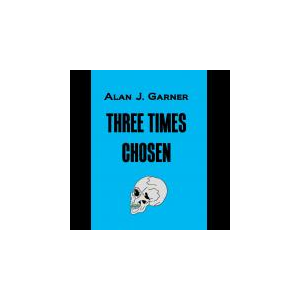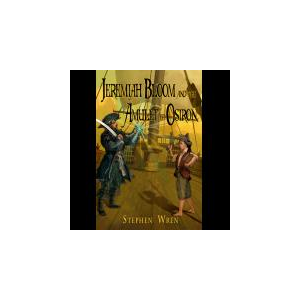The Fat Lady Sings
Not Rated (NR)
0.0
0 ratings
22
No. of pages
349
Views
Sassy, irreverant Aggie Stockdale should have gotten the lead in her high school's production of Hello Dolly! It's her dream role; she's had the part memorized since she was ten; and she and Roger Morton, who's playing the male lead, definitely had chemistry in the audition. But Aggie isn't just a talented actress, writer, and athlete. She's also the fattest girl in the senior class.
What happens after she checks the cast list for the musical will hurl Aggie into an unexpected journey of tears, friendship, jealousy, revenge, Oreos, and lots and lots of theatre. She'll discover hidden talents and new friends; she'll survive a daunting audition and revel in a thrilling opening night; she'll search for love, inspiration, help with her math homework, and the perfect closing number; and her emotional ride won't be over 'til the fat lady sings.Praise and Reviews
Kirkus Reviews (April 1, 2011)This dynamic theater story stars Aggie, a girl whose enthusiasm, mad talent and diva qualities lead her astray. Steamed that she doesn’t get the lead in the school’s production of Hello, Dolly and convinced it’s because she’s fat, Aggie writes a roman à clef musical. It features two girls, the fat one an undisguised Aggie, the thin one suspiciously similar to the girl playing Dolly, Cynthia of the recent boob job. Aggie’s friends (techie Suzanne, ever-loyal Elliot and lyricist Cameron) support Aggie’s hostility toward Cynthia despite knowing it’s unfair: Cynthia’s nice and actually deserved the lead because of her singing skill. They mount a major production of Aggie’s show that, astonishingly, succeeds. Aggie’s almost failing math, Cameron comes out to his parents (and it goes badly) and Aggie resents the parental support that Karl, her father’s partner, gives Cameron—Aggie’s possessive of her stepfather’s attention. The prose, sometimes unpolished and forced but always infused with warmth, brims with musical-theater references. Unlike most arcs about fat teens, this one never equates emotional growth with weight loss; Aggie’s refreshingly non-symbolic fatness is just part of her. Like Elphaba in the song that Cameron rewrites, Aggie tries defying gravity—and succeeds, musically, socially and romantically. Given the ratings of Glee and the emerging popularity of teen lit combining queer themes and musicals, this should be a hit. (Fiction. 13 & up)
Author Interviews
0.0
0 ratings
5 Stars
4 Stars
3 Stars
2 Stars
1 Star

















